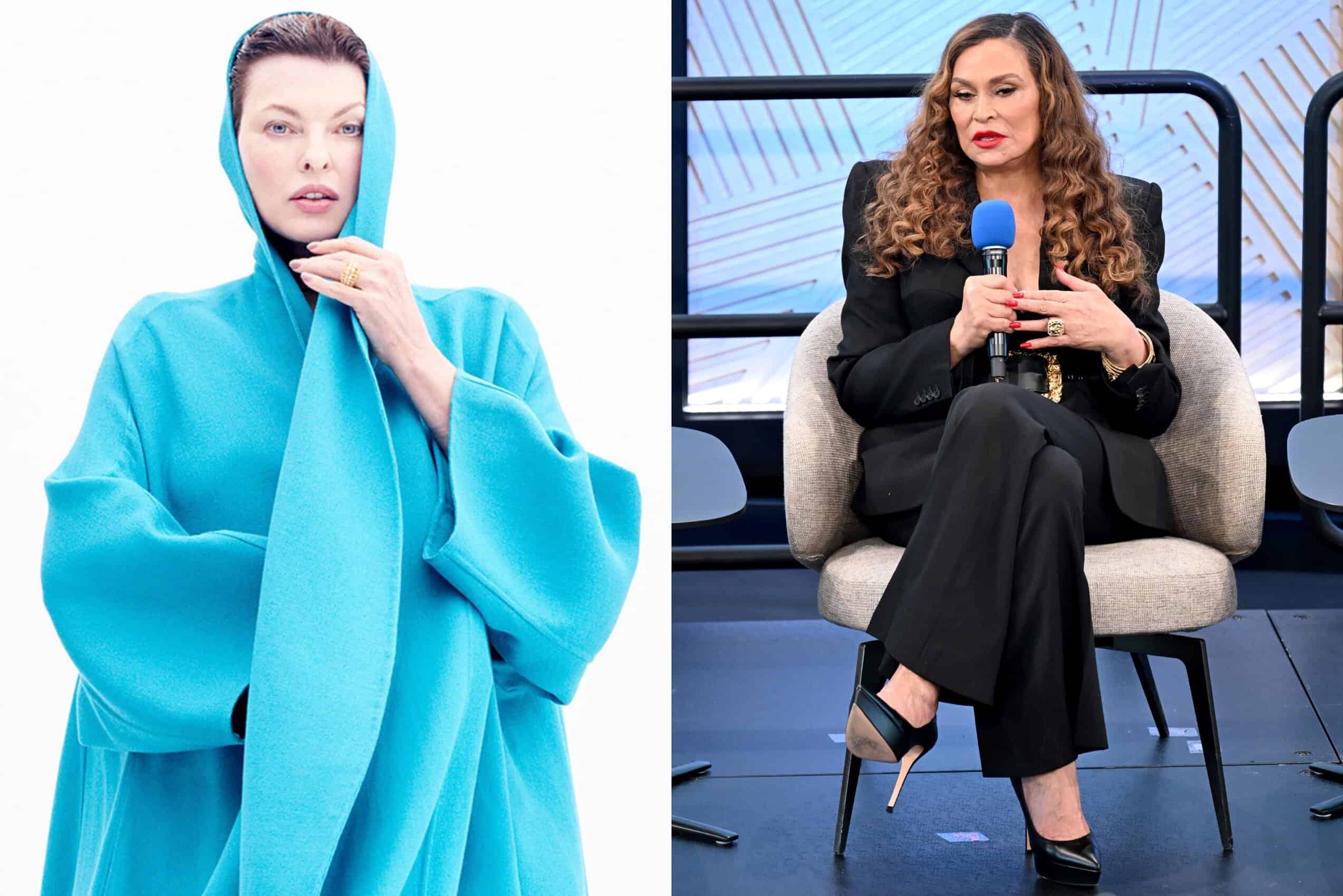Summary
- Homelander from The Boys blurs the line between hero and villain, sparking a debate among fans about whether he is truly an anti-hero or an outright villain.
- The inclusion of Homelander in a viral tweet about anti-heroes faced backlash from passionate fans who argued that he lacks redeeming qualities and is not deserving of the anti-hero label.
- Critics point to Homelander’s darker attributes, such as racism, fascism, and sexual misconduct, labeling him as a villain rather than an anti-hero.
Homelander from The Boys joins a long list of entertainment characters that challenge the clear divide between heroes and villains. A recent viral X/Twitter post suggesting Homelander as an “anti-hero” has caused quite the uproar among fans of the Prime Video series. The debate centers on whether this egotistical Supe, portrayed by Anthony Starr, is an anti-hero or an outright villain. Homelander, the face of the Vought International-sponsored team, The Seven, begins as a picture-perfect superhero. However, behind this façade lurks a self-centered, narcissistic character whose cruelty increasingly becomes apparent as the series unfolds. This duality keeps viewers gripped, but where does he truly stand on the hero-villain spectrum?
The viral tweet by @vinhlegacy that stirred the pot featured images of characters deemed as anti-heroes. This lineup included Homelander, Miguel O’Hara from Spider-Man: Across the Spider-Verse, Deadpool, and Chris McLean from the Total Drama series. The inclusion of Homelander in such a list was met with significant backlash from The Boys’ ardent fans.
One passionate user, @superboysbestie, fervently voiced, “a villain with no redemptive qualities.” Another, @JorbyPLs chimed in, “There is literally nothing that makes Homelander an anti-hero.”
The critiques did not stop there. @blackncomictwit highlighted Homelander’s darker attributes, labeling him a “racist,” “fascist,” and pointing to instances of his sexual misconduct. To add another layer to the debate, @DynamoSuperX singled out Deadpool as the only true anti-hero from the list, condemning Chris McLean and likening Homelander to a “superman version of the antichrist.”
RELATED: Antony Starr Says The Boys Fans Are ‘Missing the Point’ When Idolizing Homelander
Homelander Unraveled: The Boys Exposes a Twisted Take on the Superhero Trope
Amazon Studios
Diving deeper into The Boys narrative, the series has never shied away from showcasing the depth of Homelander’s malevolence. Even though we’re offered glimpses into his struggles, traumatic past, and fleeting moments of genuine emotion, his monstrous nature is consistently emphasized. Instances like his blatant disregard for non-Supes and leaving the passengers of Flight 37 to their tragic fate only further spotlight his villainy.
As the show evolves, Homelander’s darker side becomes more pronounced. His public image begins to crack, revealing the sinister personality underneath. This change in perception has polarized the public in the show’s universe – with one faction rallying behind Homelander’s wicked true nature and another standing by Starlight’s revelations about Vought’s deceptions. With the culmination of the third season, it’s clear Homelander’s influence has grown, making him an even bigger challenge.
Indeed, The Boys has been unambiguous in its portrayal of Homelander. His character serves as a dark reflection of the iconic Superman figure. And while he may have enamored a sect within the series’ world, the fervent Twitter/X reactions emphasize that viewers have firmly pegged him in the villain category. As Homelander’s story unfolds further, especially with a looming trial, one can’t help but anticipate the depths of depravity we are yet to witness.
You can view the original article HERE.
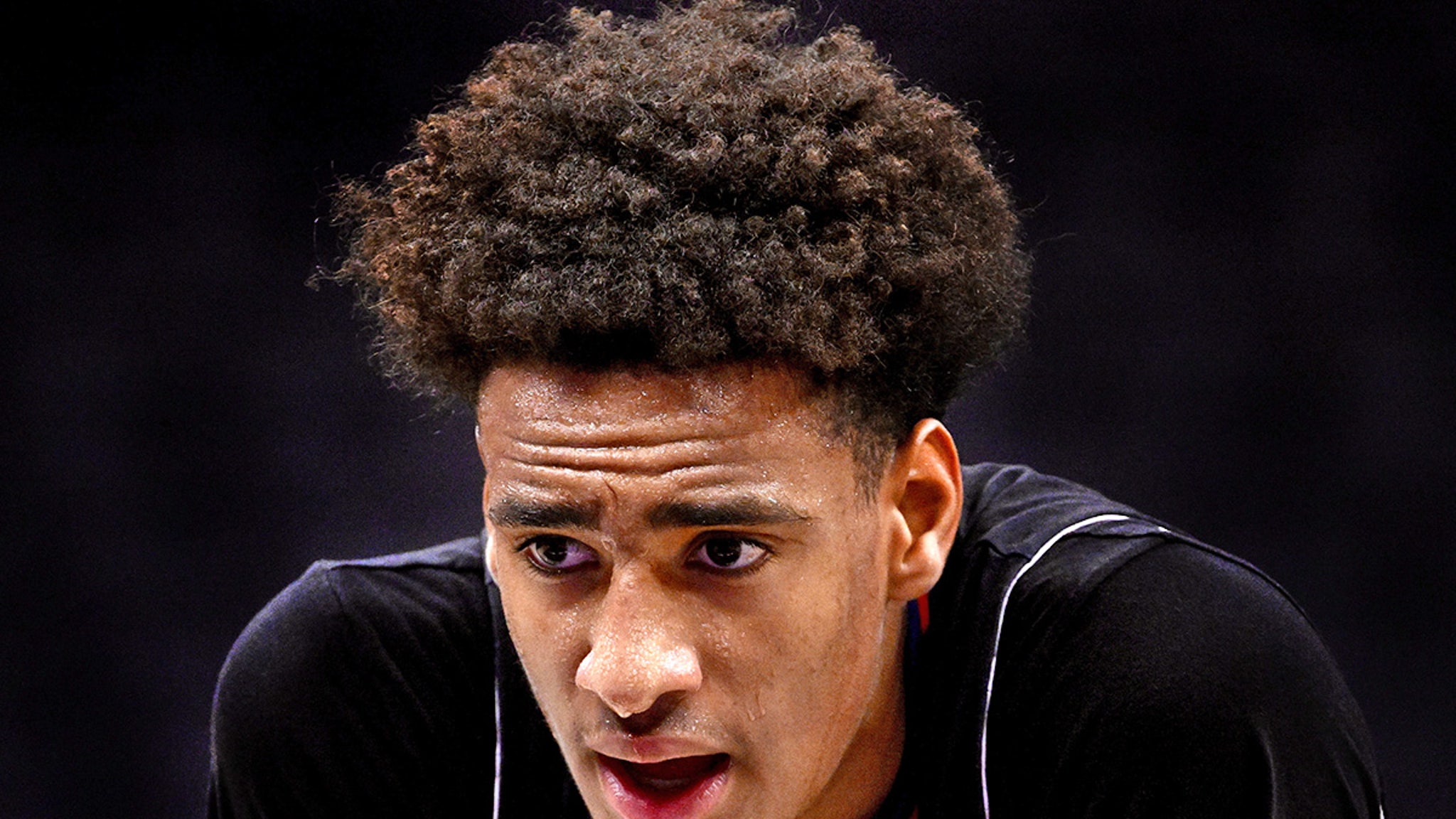
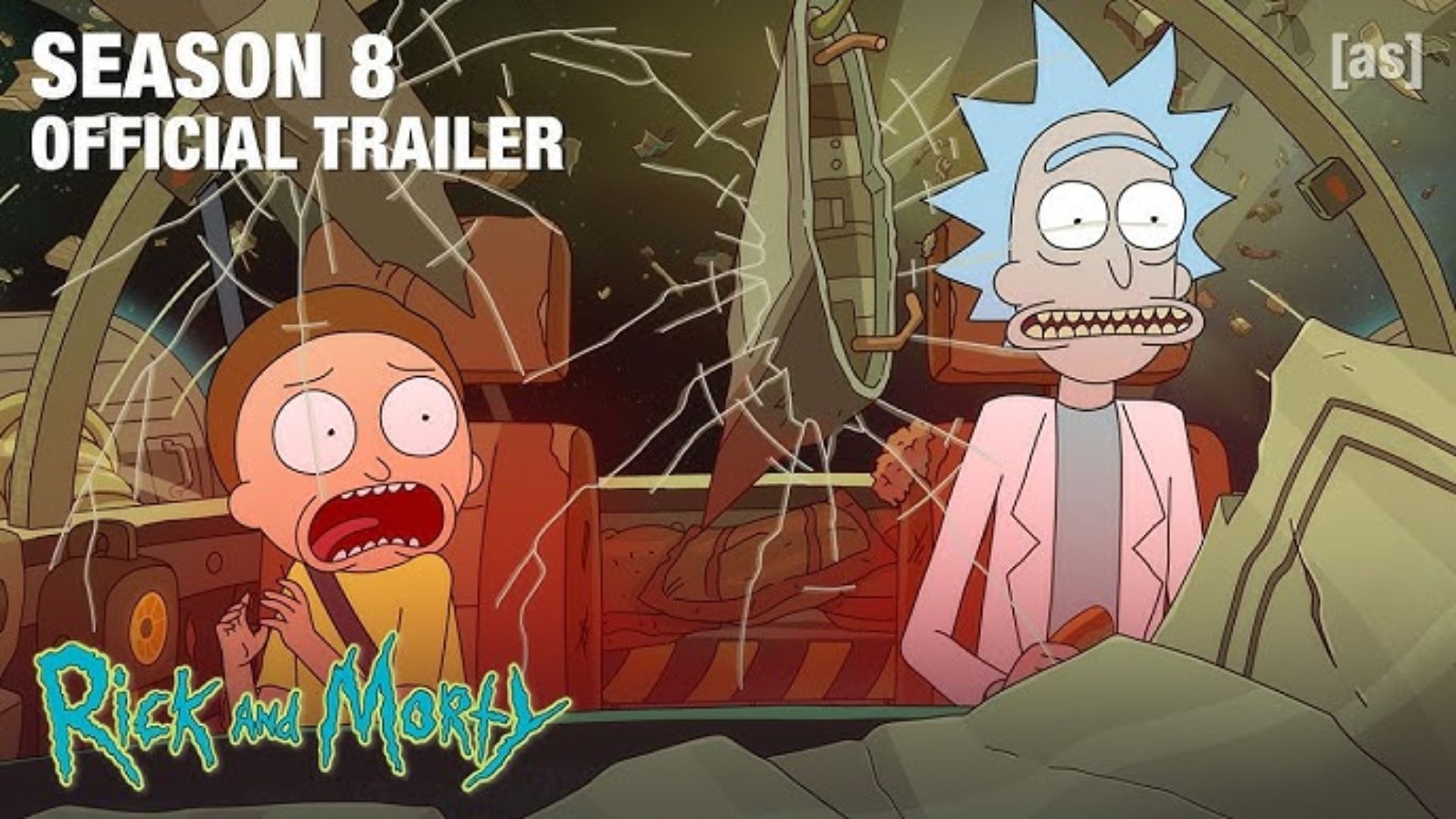
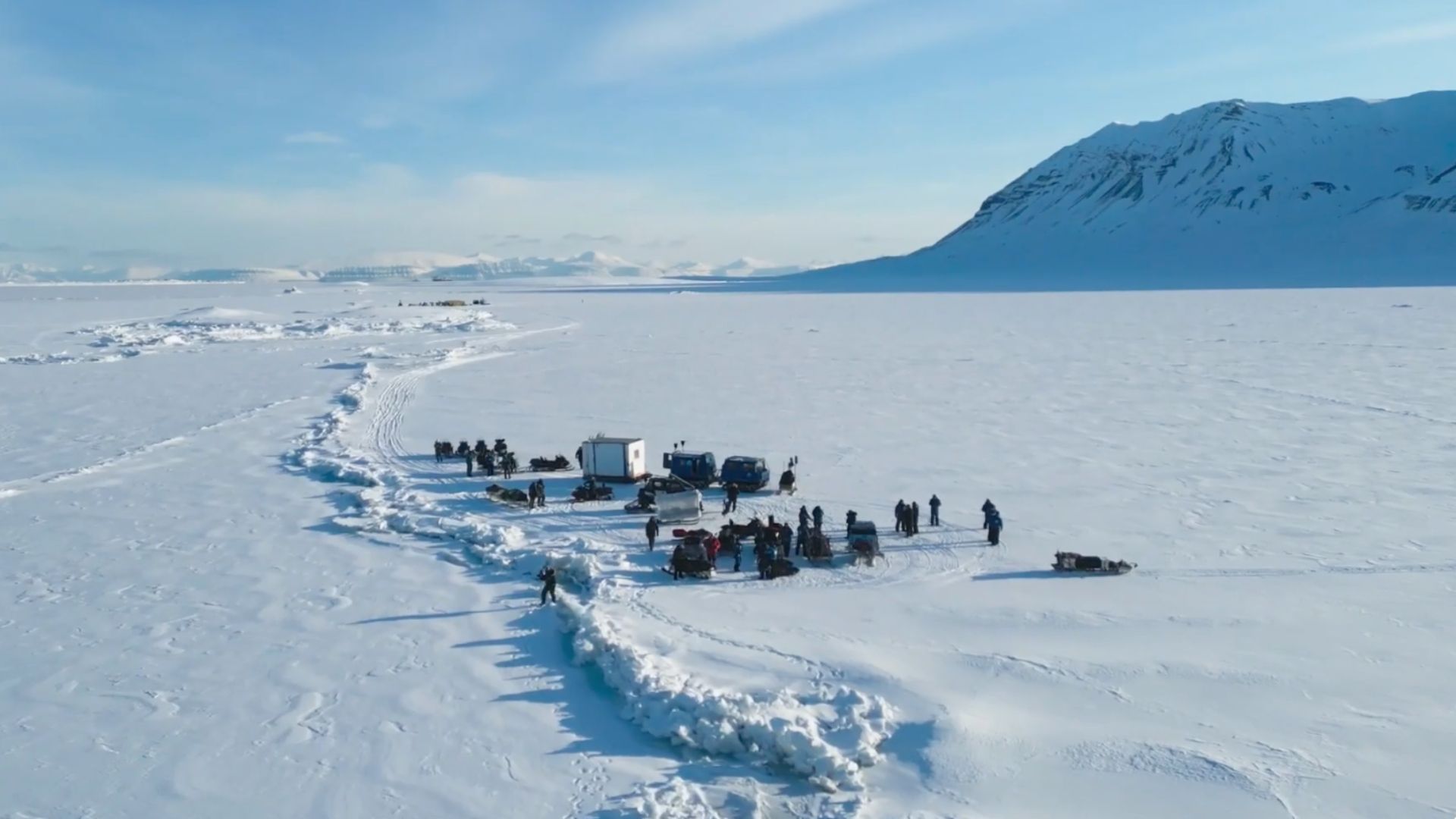


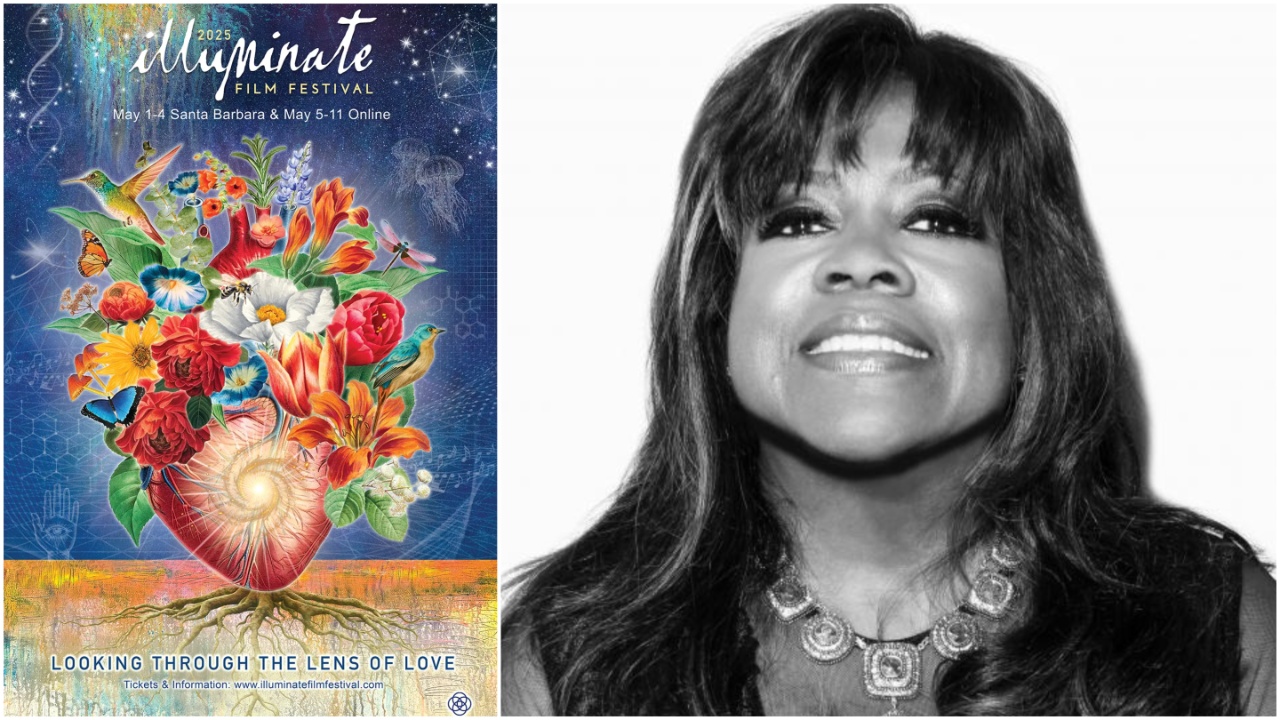
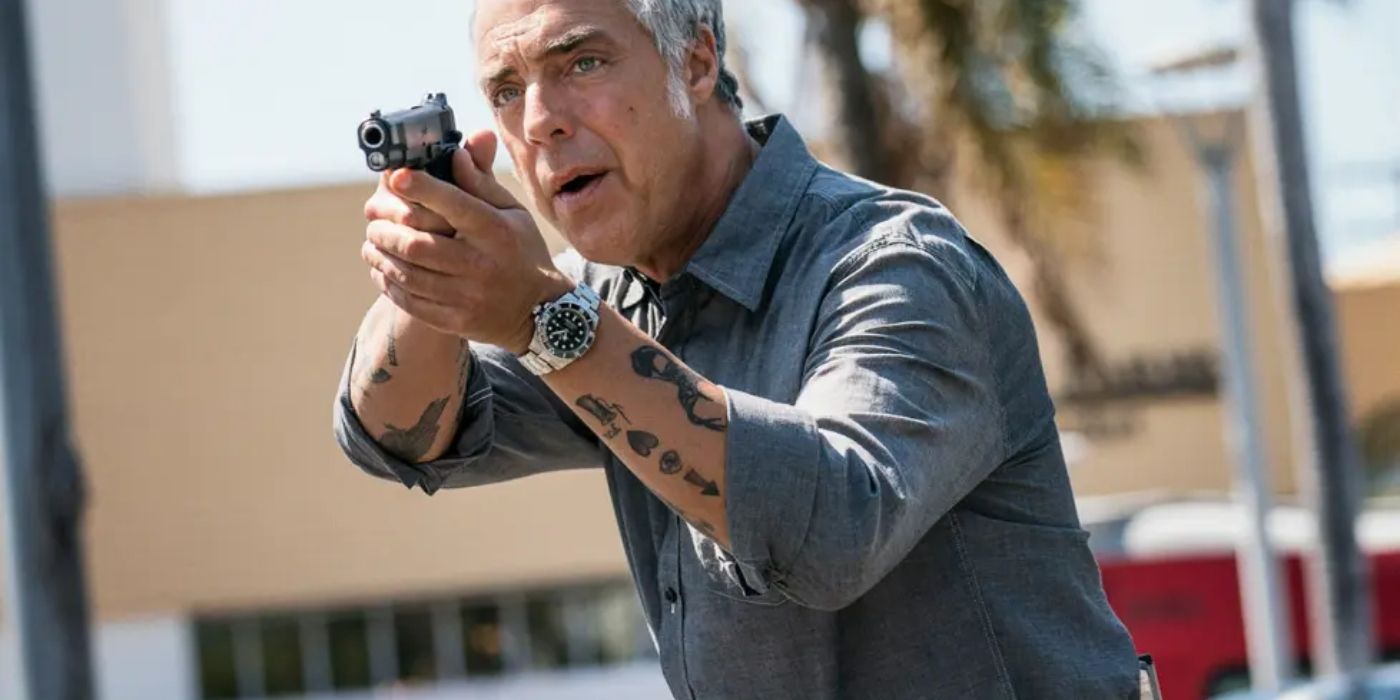

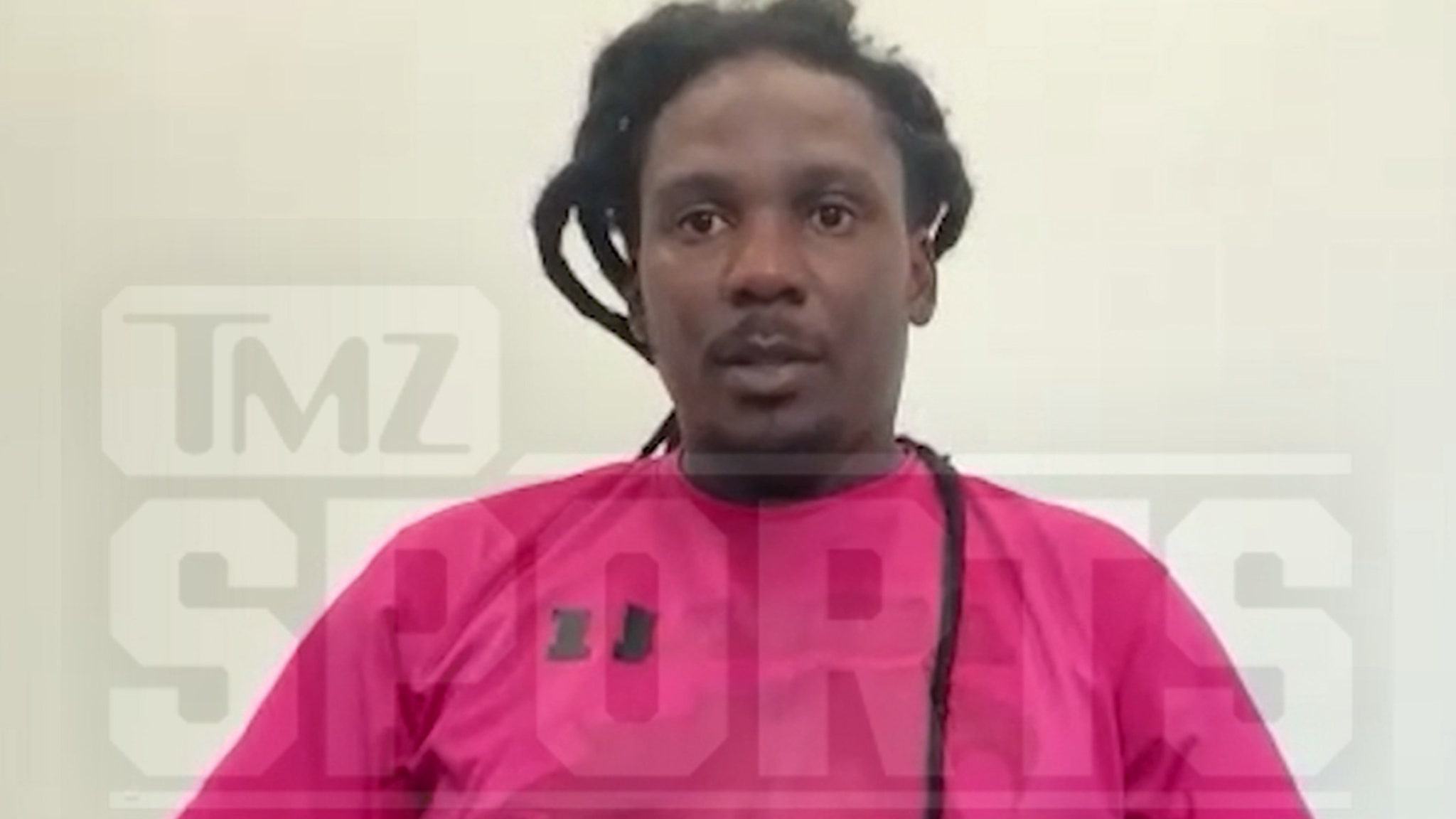
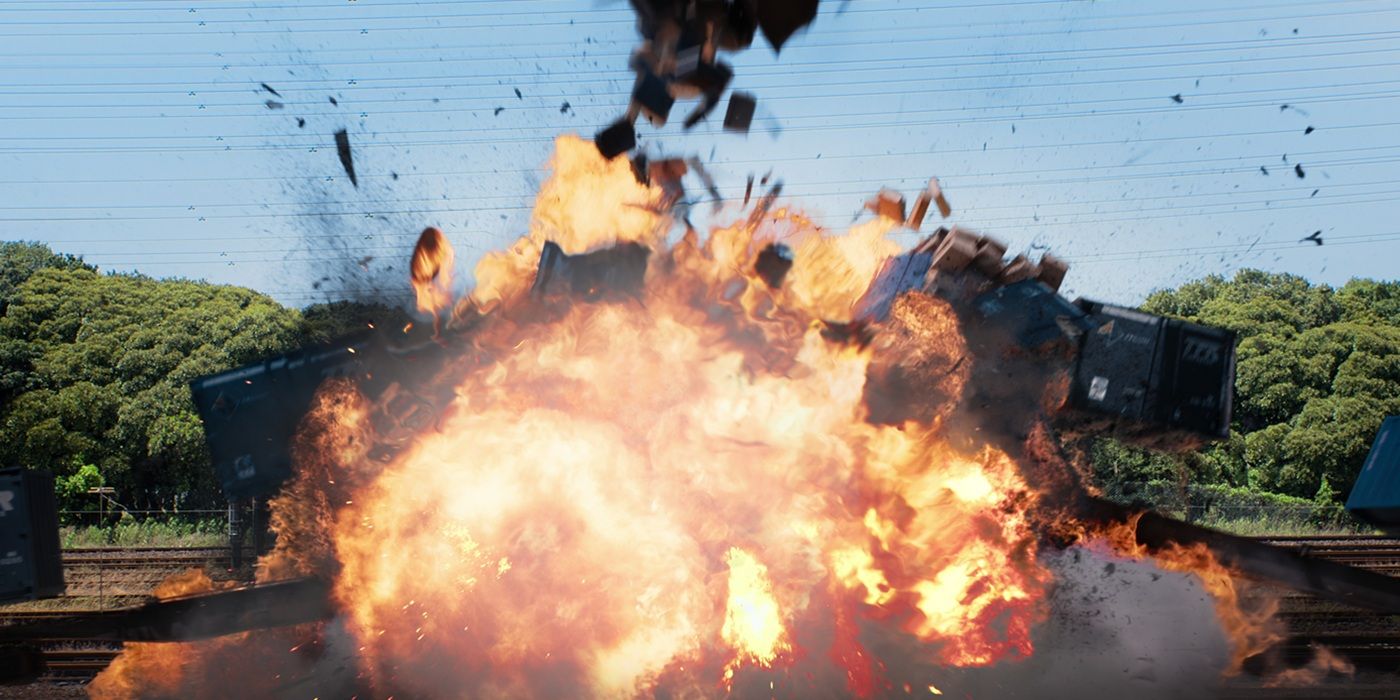



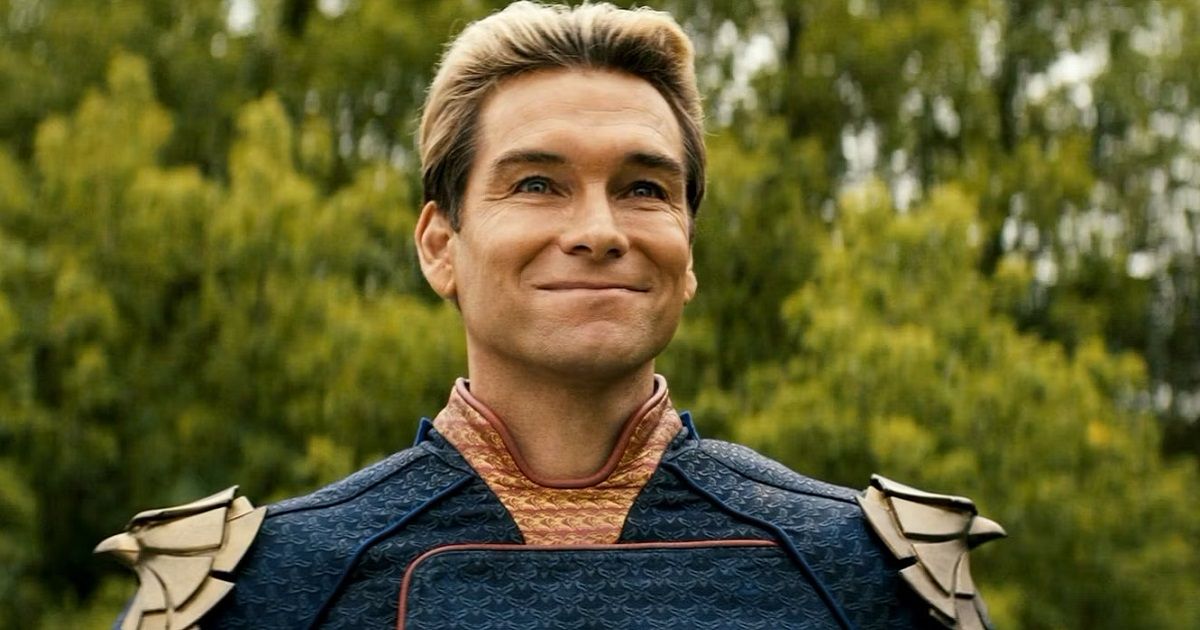

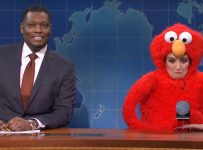
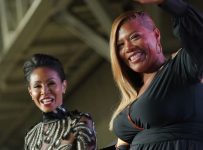
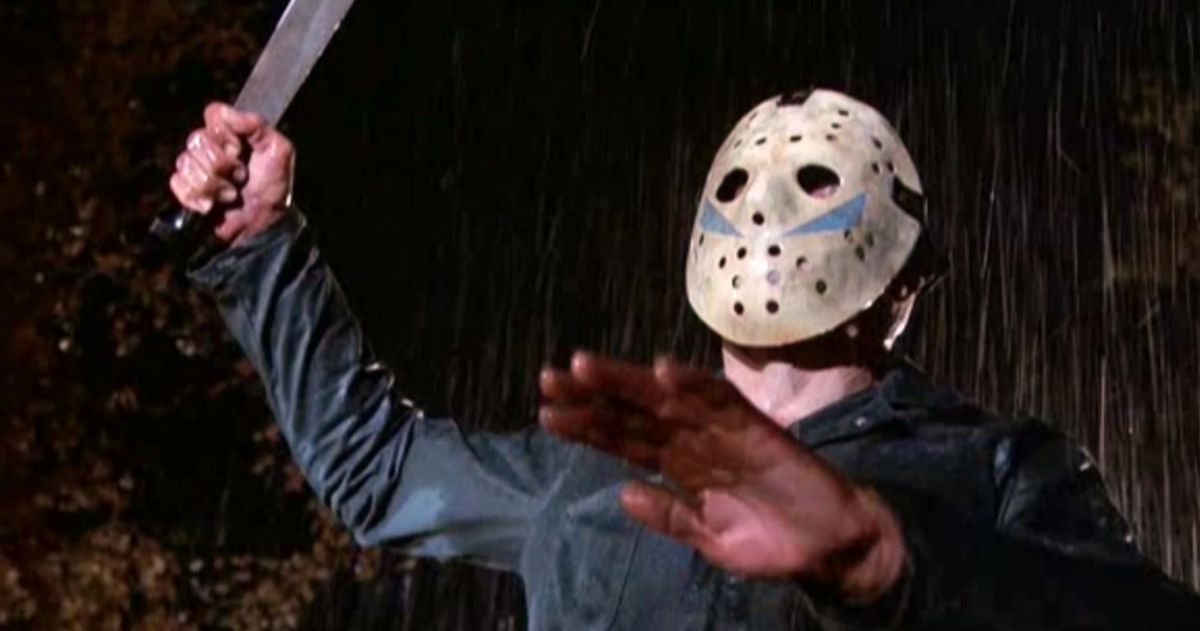

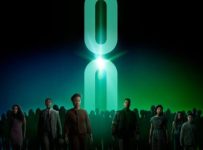
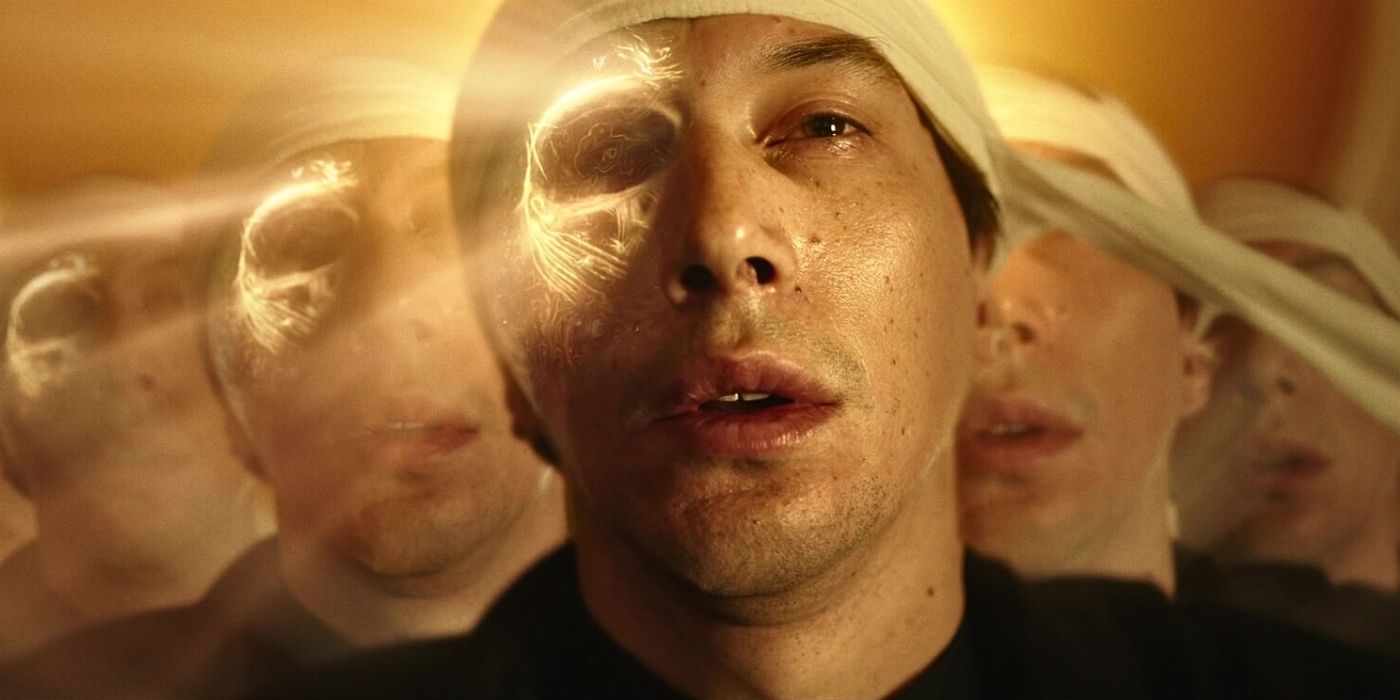

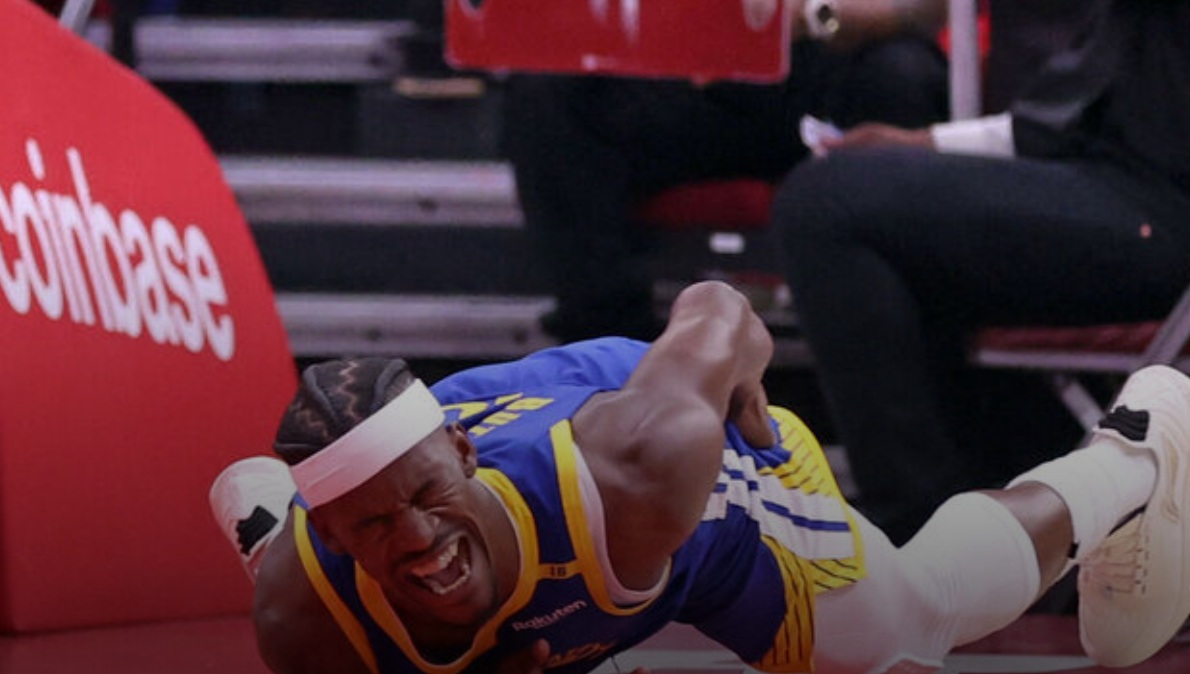
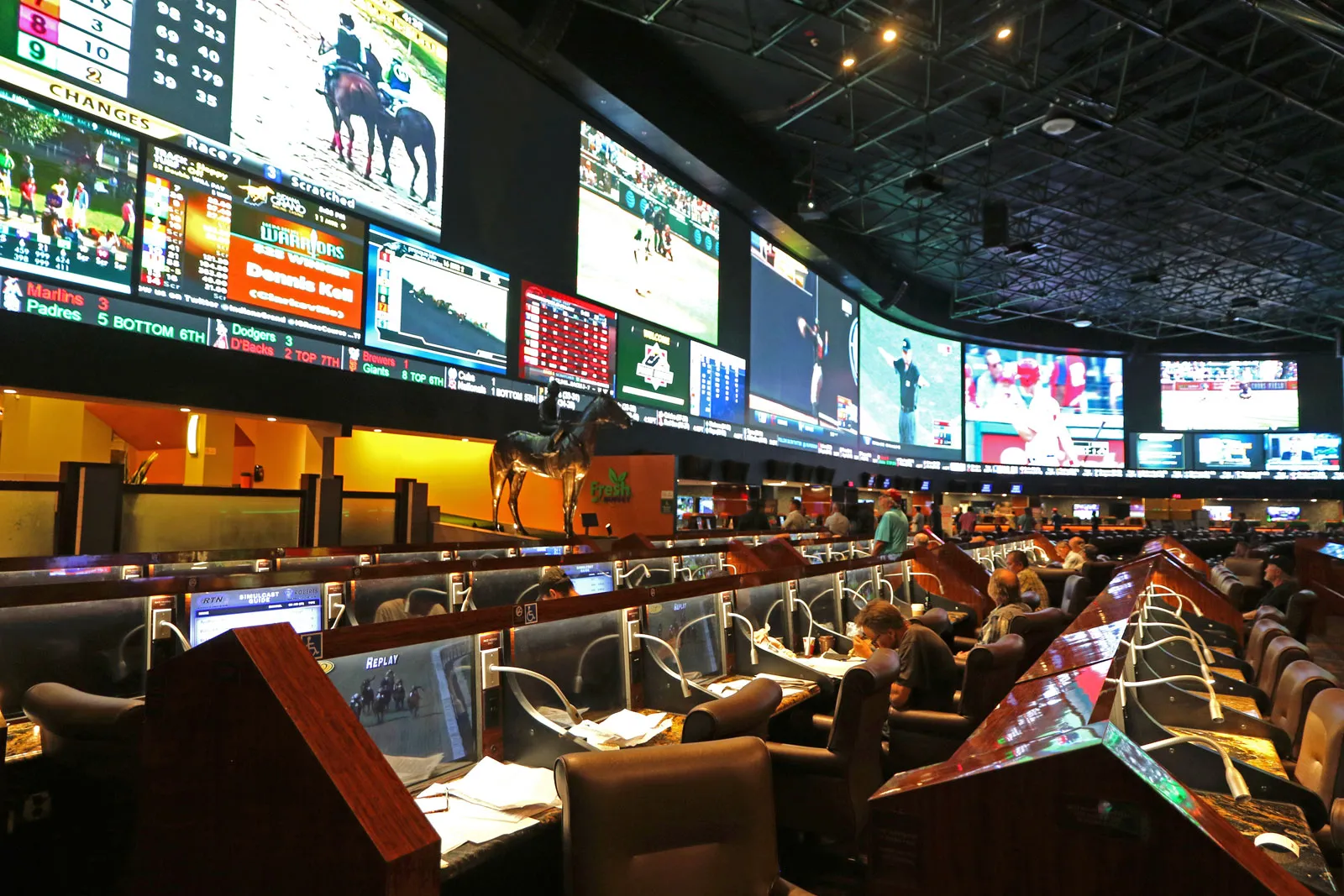
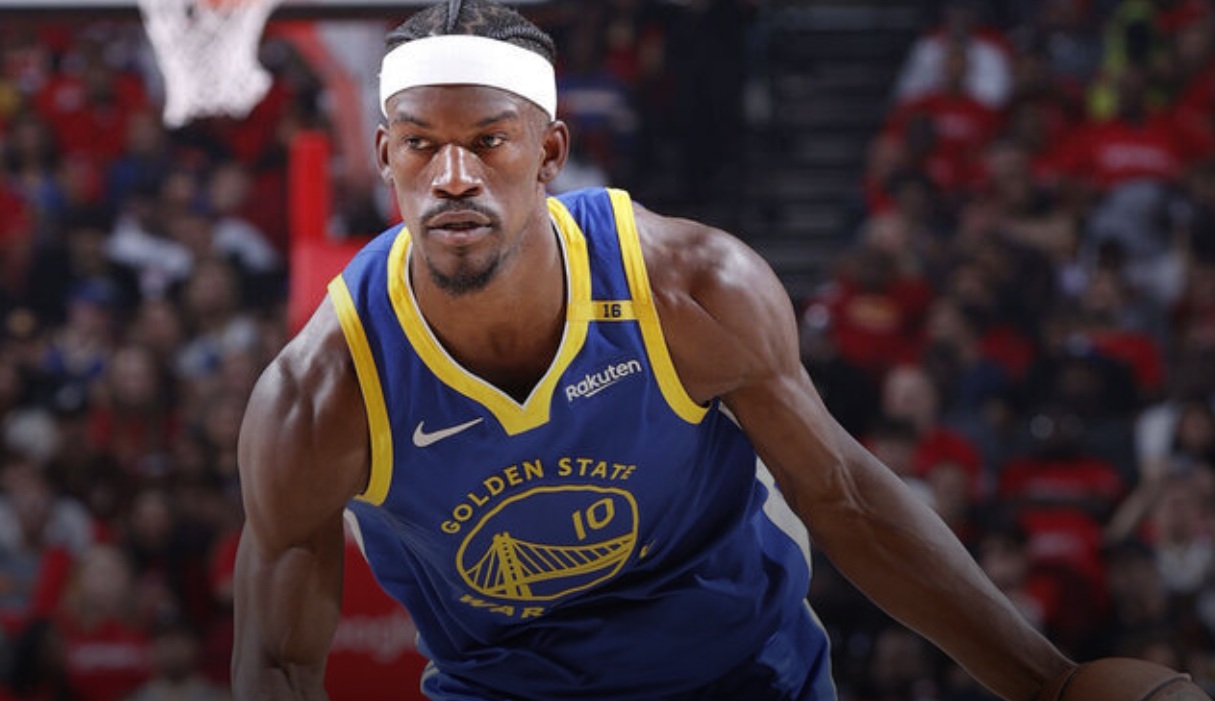
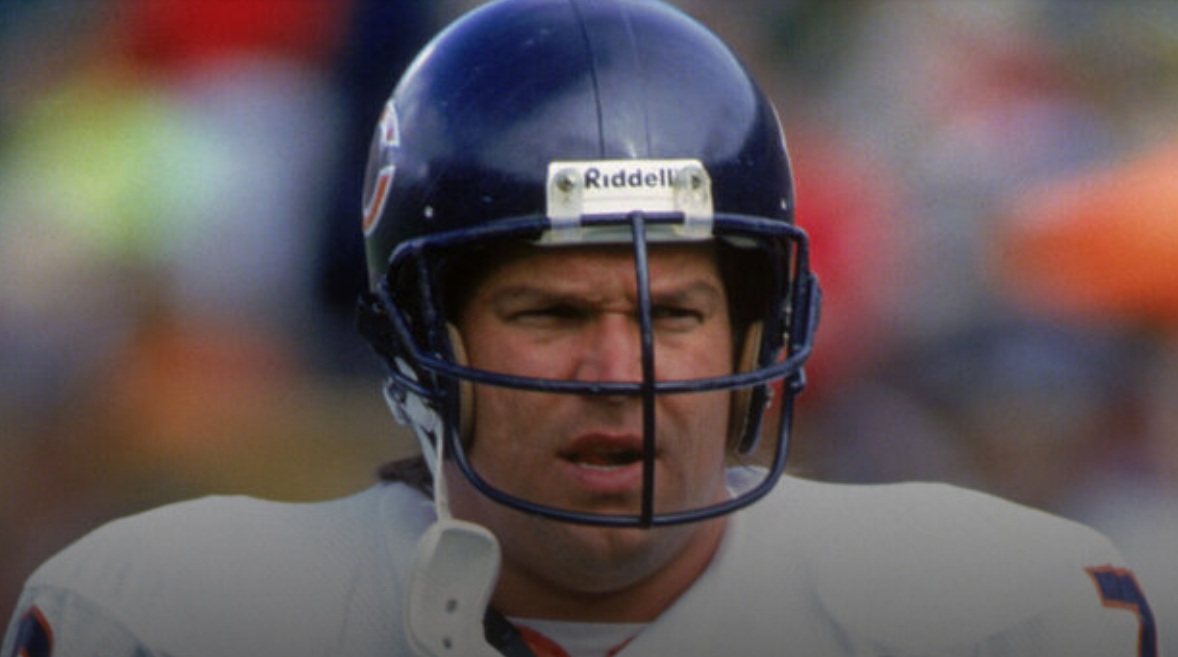
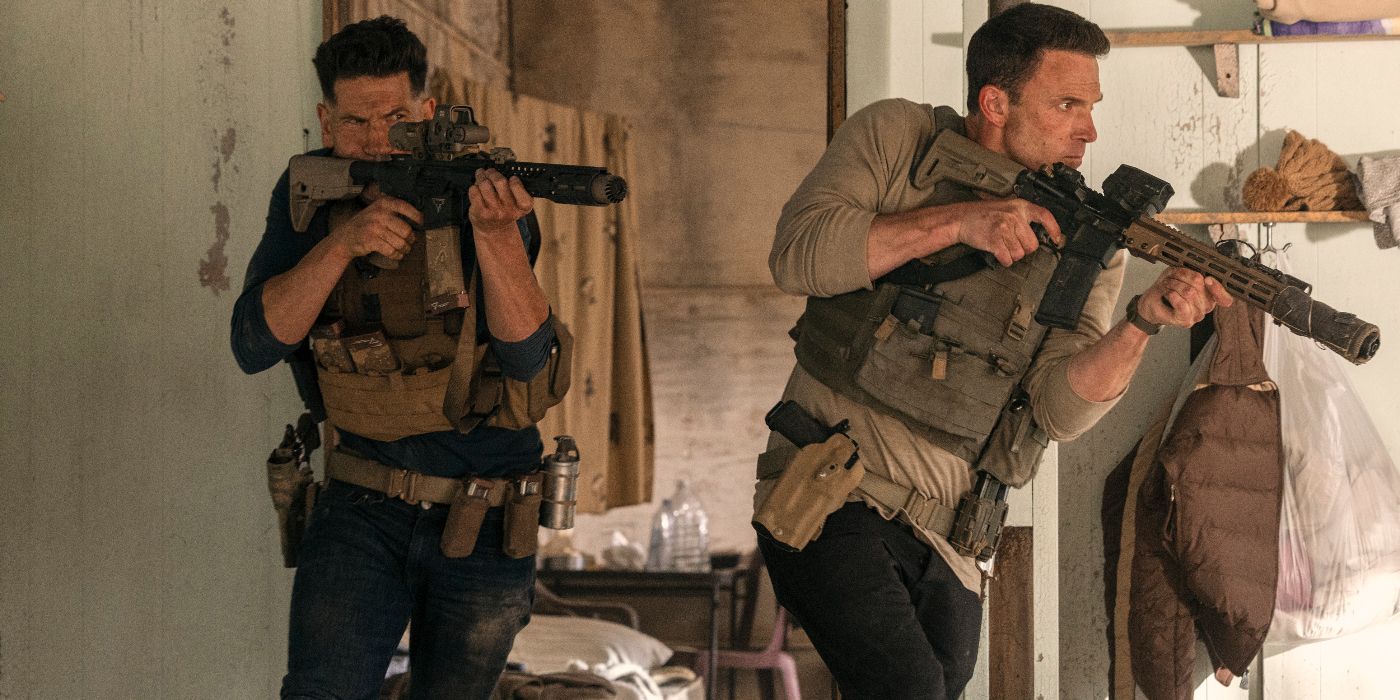
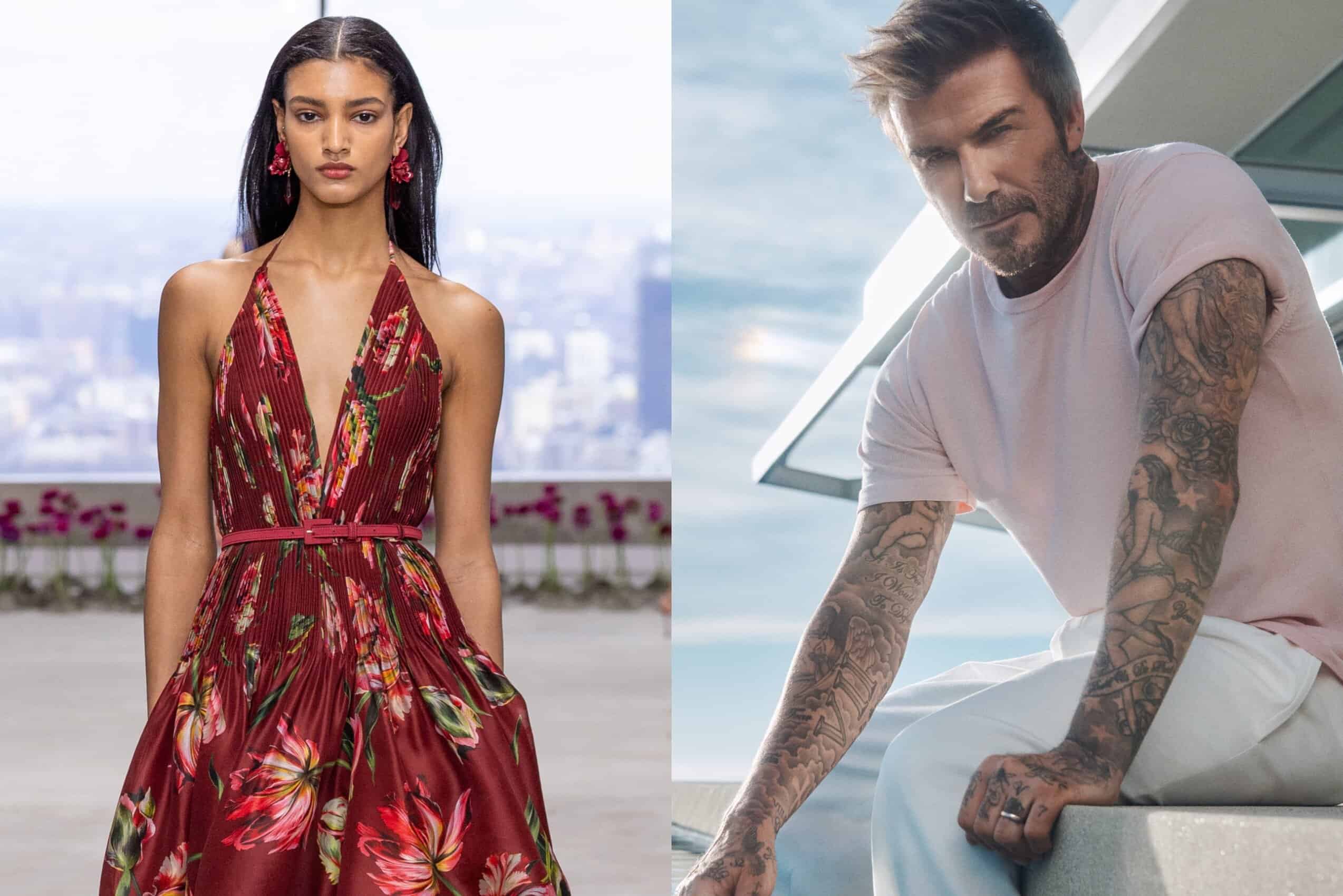
:quality(85):upscale()/2025/04/24/716/n/1922564/e236aec9680a629bacc5a1.57534120_.png)

